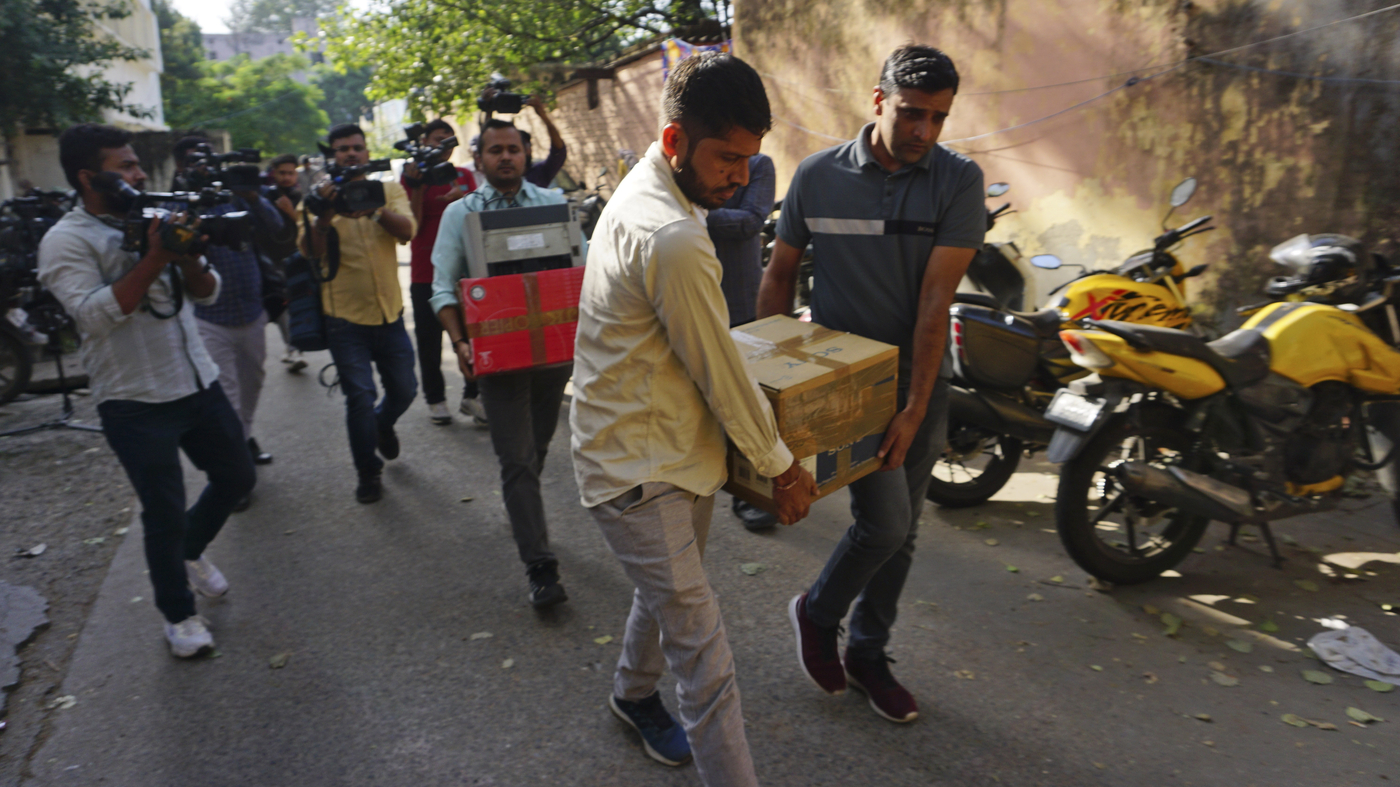
Police in New Delhi are conducting new raids on journalists
Investigating the India’s journalists’ anti-Establishment probes in the wake of a critical article by Modi and the rise of Hindu nationalism
Law enforcement agencies have tried before to get at journalists who are anti-Establishment. In February this year, income tax officials raided the BBC’s offices in India, weeks after it had released a documentary critical of Modi and the rise of Hindu nationalism. Dainik Bhaskar, one of India’s largest newspapers, was being investigated by the tax authorities after exposing the state’s handling of Covid-19. Independent websites, including The Quint, have also been subjected to similar raids, where devices of journalists were seized. The Delhi Police seized the devices of the five journalists working with The Wire after a complaint by the head of the IT Cell of Modi’s party.
The houses of journalists and writers who work for NewsClick have been searched multiple times, said the Press Club of India.
The Delhi police didn’t reply for the comment, but India’s junior minister for information and broadcasting said “if anyone has committed anything wrong, search agencies are free to investigate them.”
Reporters Without Borders, an advocacy group for journalists, ranked the country 161st in its press freedom rankings this year, writing that the situation in the country has deteriorated from “problematic” to “very bad.”
A skirmish between the armies of China and India killed at least 20 Indian troops and four Chinese soldiers in 2020. Since then, New Delhi has banned many Chinese-owned apps, including TikTok, and launched tax probes into some Chinese mobile phone companies.
The Modi administration has also introduced rules that require government approval for investments by companies from China and other countries that neighbor India.
India Is Using Terrorism Laws to Target Journalists: Comment on Newsclick’s case against the Delhi Police and the Enforcement Directorate
Several journalists posted about the raids on X and the Delhi Police seizing their laptops and phones.
“This is a completely McCarthyist tactic and approach, building a hysteria in sections of the media, and then proceeding with a ruthless silencing of dissent and dissidents,” Veteran journalist P Sainath says. “It will only intensify as the general elections in India get close.”
The Enforcement Directorate, which investigates money laundering, froze Newsclick’s assets in August. Newsclick’s premises and the home of some of its senior staff were raided by the directorate.
Source: India Is Using Terrorism Laws to Target Journalists
Evidence planted on the devices of activists arrested in a riot in Pune, Maharashtra under the UAPA laws and the Internet Freedom Foundation
Since Modi came to power in 2014, the Indian government has charged several journalists under the Unlawful Activities (Prevention) Act, which was previously only invoked while dealing with terrorist organizations. The government has been accused of abusing the law before, and of planting evidence. Sixteen activists, scholars and journalists were arrested in connection with a riot in Pune, Maharashtra in 2018 under the same UAPA laws. Evidence against them was planted on the devices of some of the arrested people, as revealed by forensic analysis. The case continues to drag on. Several of the activists languish in jail; some have recently received bail. One died in prison, awaiting justice.
The Internet Freedom Foundation, an NGO, said in a statement on X that it is concerned with the seizure of digital devices, which “violate right to privacy and negatively impact press freedom in derogation of due process of law.”

